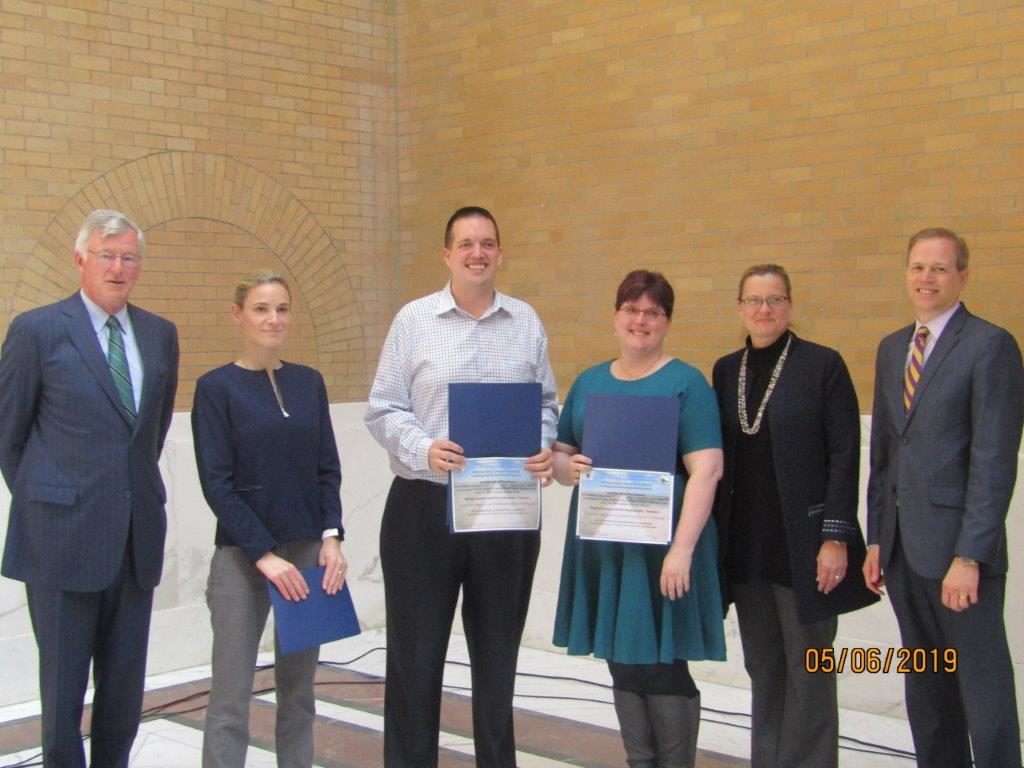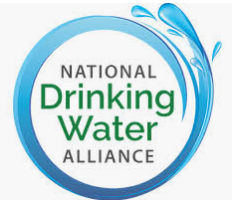The health and safety of all our school communities is a top priority of BPS.
As a district, we are committed to safely bringing online school building water units used for drinking and food preparation.
BACKGROUND & DISTRICT HIGHLIGHTS
By law, all students must have access to water during meals and throughout the school day, at no cost. BPS follows the Healthy, Hunger-Free Kids Act of 2010, Massachusetts Legislation (H 4459) 223(g), and Massachusetts Uniform State Plumbing Code (248 MASS. CODE REGS. § 10.10, Table 1 (2011).
Boston Water & Sewer Commission supplies potable water to Boston Public Schools. BPS also upholds a bottled water contract.
BPS, like all school districts, is responsible for following the guidance of the US Lead Contamination Control Act (LCCA). The LCCA directs the United States Environmental Protection Agency’s (EPA) and its state designees to assist school system administrators, schools, and programs, to identify and reduce or eliminate lead contamination in their facilities’ drinking water. The LCCA is an assistance-based, non-regulatory program.
As a federal designee and the responsible Massachusetts agency, Massachusetts Department of Environmental Protection (MassDEP) is responsible for educating school/facility officials about the LCCA and coordinating statewide efforts to reduce or eliminate lead in drinking water at schools and childcare facilities. Additional information on the MassDEP Drinking Water Program is available at https://www.mass.gov/lead-in-drinking-water.
BPS follows EPA’s revised 3Ts for Reducing Lead in Drinking Water in Schools and Child Care Facilities Toolkit, and the subsequent recommendations from MassDEP for deactivation levels for lead and copper.
The safety of a fountain’s drinking water is confirmed through testing. If an existing fountain has an elevated level of lead or copper, it is immediately deactivated, and the remediation actions could include installing a filter system, replacing pipes, or replacing the existing fountain with a new fountain.
Any new installation or repairs require funding and plumbing, electrical, and construction work. The deactivated fountain must pass three consecutive tests for lead and copper before it can be reactivated.
All online drinking water fountains are tested annually for lead and copper levels. BPS also tests any online kitchen equipment that uses tap water for food preparation and cooking.
From 2017-2020, BPS switched 17 schools from bottled water to Boston tap water through the installation and testing of new bottle refill stations, following the protocols and procedures set by the BPS Drinking Water Access Policy.
In 2018, MassDEP awarded BPS and Boston Water & Sewer Commission the Systems Taking Action to Reduce Lead (STAR-L) award for our rigorous drinking water policy and testing procedures, fountain infrastructure upgrades, and transparent water communications.
In September 2019, the Boston School Committee approved an updated BPS Drinking Water Access Policy and new Drinking Water Access Superintendent’s Circular to meet new state and federal recommendations.
In January 2020, Boston Public Schools hosted Massachusetts State Officials for the announcement of new state funding programs to address lead in drinking water in schools and child care facilities.
In November 2020, BPS announced its new 3-4 year Drinking Water Initiative, thanks to a commitment of $10.36M in capital funds from Mayor Walsh and a $6.215 U.S. EPA grant. The initiative will install and test approximately 1400 new filtered bottle refill stations across the district and move BPS schools from bottled water to tap water for drinking access.
In December 2020, BPS hired its first ever Water & Sustainability Project Manager, Audrey Ng, to join the Sustainability, Energy, and Environment Program.
As of March 2023, BPS has installed and tested 295 filtered water bottle refill stations, switching 30 schools from bottled water to Boston’s excellent tap water since the start of the initiative. Transitioning these 30 schools to filtered tap water has saved the district over $200,000 annually in bottled water operations costs, and significantly reduced the environmental impacts of delivering bottled water to schools. The initiative continues to make strong progress, with 6 school buildings currently under construction, and an additional 31 schools slated to have construction completed by the end of 2023.
For more information on water at Boston Public Schools, visit
bostonpublicschools.org/water and review the BPS Drinking Water Fact Sheet.
RESOURCES
GREEN STORMWATER INFRASTRUCTURE AT BOSTON PUBLIC SCHOOLS
In 2014, the Boston Water and Sewer Commission (Commission) approached BPS about collaborating on Green Infrastructure/Low Impact Development (GI/LID) pilot projects to coincide with BPS’s comprehensive Educational and Facility Master Planning process (BuildBPS).
GI/LID is a stormwater management approach that mimics nature. In the natural world, rainwater soaks, or infiltrates, into the soil. Unfortunately, rainwater can no longer infiltrate into the ground because of buildings, pavement, sidewalks and other urban surfaces. GI/LID features capture raindwater runoff and filter the stormwater through plants and soil before it returns to the groundwater system. Learn more on the Commission’s website.
The Commission and BPS selected five schools throughout Boston, schools that are in areas of high pollutant (phosphorus) loading. The five GI/LID pilot schools are: the Washington Irving Middle School (watch the ribbon cutting ceremony), Rafael Hernandez K-8 School, David A. Ellis Elementary School, Jackson/Mann K-8 School and Horace Mann School for the Deaf and Hard of Hearing, and the Edward M. Kennedy Academy for Health Careers (Fenwood location). The Commission, with the help of an engineering firm called Horsley Witten Group, designed the GI/LID features to include rain gardens, bioretention areas, bioswales, tree pits/tree trenches, stormwater chambers, and more!
The Commission also worked with a former BPS curriculum writer and the Charles River Watershed Association to author stormwater/GI curriculum for 5th and 7th grade, in accordance with the new MA Science and Technology/ Engineering Standards, to accompany the five pilot projects. Contact the BPS Science Department for more information.

2019 Massachusetts Secretary's Award for Excellence in Energy & Environmental Education
CONTACT US
Facilities Management
1216 Dorchester Ave.
Boston, MA 02125
617-635-9576


